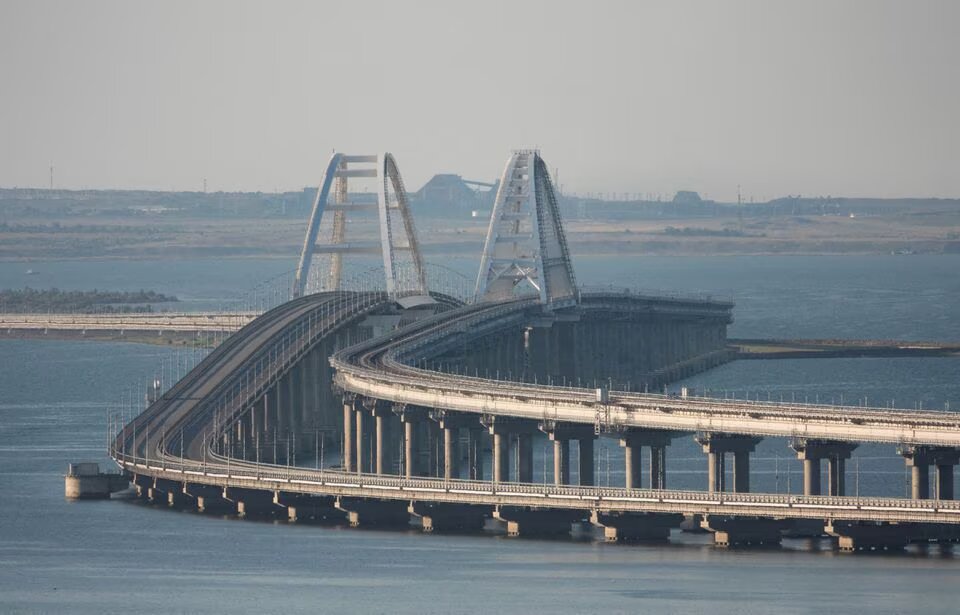Russia punishes Ukrainian flag more harshly than Nazi symbols in occupied Crimea

On the occupied peninsula, Russia’s repressive machine sees the Ukrainian flag as a greater threat than the swastika. According to the civil organization Crimean Process, in the past six months in occupied Crimea, there have been three times more court cases against supporters of Ukraine than against individuals promoting Nazi symbolism.
Moreover, 56% of all cases related to the display of banned symbols involved pro-Ukrainian citizens.
“People who demonstrate pro-Ukrainian views are not only prosecuted more frequently, but also subjected to humiliation, fabricated charges, and moral pressure through propaganda in the media,” the report states.
Discrimination in court: “Ukrainian cases” are punished more severely
Of 96 cases analyzed under Article 20.3 of Russia’s Code of Administrative Offenses, the largest share of charges were directed at Ukrainian sympathizers.
- Second were individuals with tattoos from a criminal subculture,
- The third were Nazi propagandists.
26% of “Ukrainian” cases resulted in arrest, while none of the criminal subculture defendants were imprisoned. Nearly half of the cases against Ukrainians included additional charges, such as hooliganism or “discrediting the army.” In contrast, not a single case involving Nazi symbols included such add-ons.
Songs as crime, Nazis as tolerable: The logic of the occupiers
“Any manifestation of Ukrainian national identity, patriotism, or resistance to occupation is viewed by Russian authorities as a threat to ‘stability’ and ‘security,’” human rights activists say.
In addition, judges in “Ukrainian” cases more frequently violate procedural norms:
- Labeling symbols as “banned” without expert analysis
- Citing irrelevant legal acts
- Issuing baseless accusations
Human rights defenders stress: this is selective justice, where patriotism is punished more harshly than overt hate.
